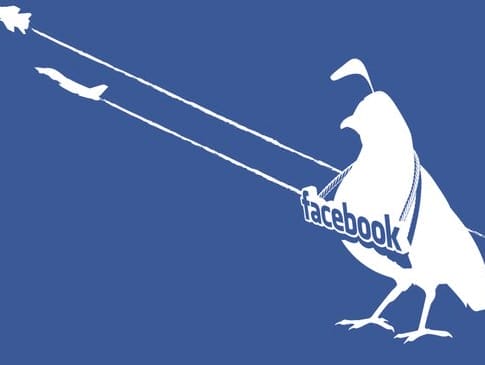The Facebook “want” button is gaining celebrity status before it even makes an official debut. That’s because the implications of this little button are far-reaching and could point to a new revenue stream for Facebook—that is, if Facebook can learn to capitalize on the intent-to-buy data collected by this button. But the real value will come when Facebook can identify intent-to-buy data and then determine whether the Facebook user is qualified to make that purchase.
Part of what makes Facebook a marketer’s dream is its ability to collect self-reported data. Users willingly reveal all sorts of personal information on their Facebook pages, from family information, to music preferences, to vacation plans and so much more. As soon as it is posted, it’s common knowledge, creating a massive web of interconnected data that is highly desirable to marketers.
But how can Facebook generate revenue on all this data without creating potential privacy issues?
Facebook’s first attempt began with the “fan” page. Companies could send special offers to their most loyal fan base, thereby boosting sales and customer engagement. Unfortunately, while retail outlets and celebrities are “liked” regularly, B2B businesses are left out in the cold. Who “likes” North Pacific Crane Company, for example?
Facebook moved on to banner ads, also known as social marketing ads, which appear alongside a user’s wall posts or messaging conversation. What Facebook failed to realize was that no one wants to mix online shopping with social time. Who wants to see an ad for skinny jeans while flipping through family photos?
Cue the “want” button.
Similar to “liking,” if you “want” something, your friends can see and comment on it. Fun? Certainly. But the commercial implications are far more significant. For example, upon “wanting” a Lexus, Facebook can then share that information with Lexus, as well as with other luxury car brands. Then, all these brands can compete for the Facebook user’s dollar.
In essence, with the “want” button, consumers volunteer intent-to-buy data to Facebook. Of course, if the Facebook user that “wants” a Lexus is a starving student, barely able to afford his $150 Principles of Microeconomics book, he certainly can’t afford a Lexus.

























